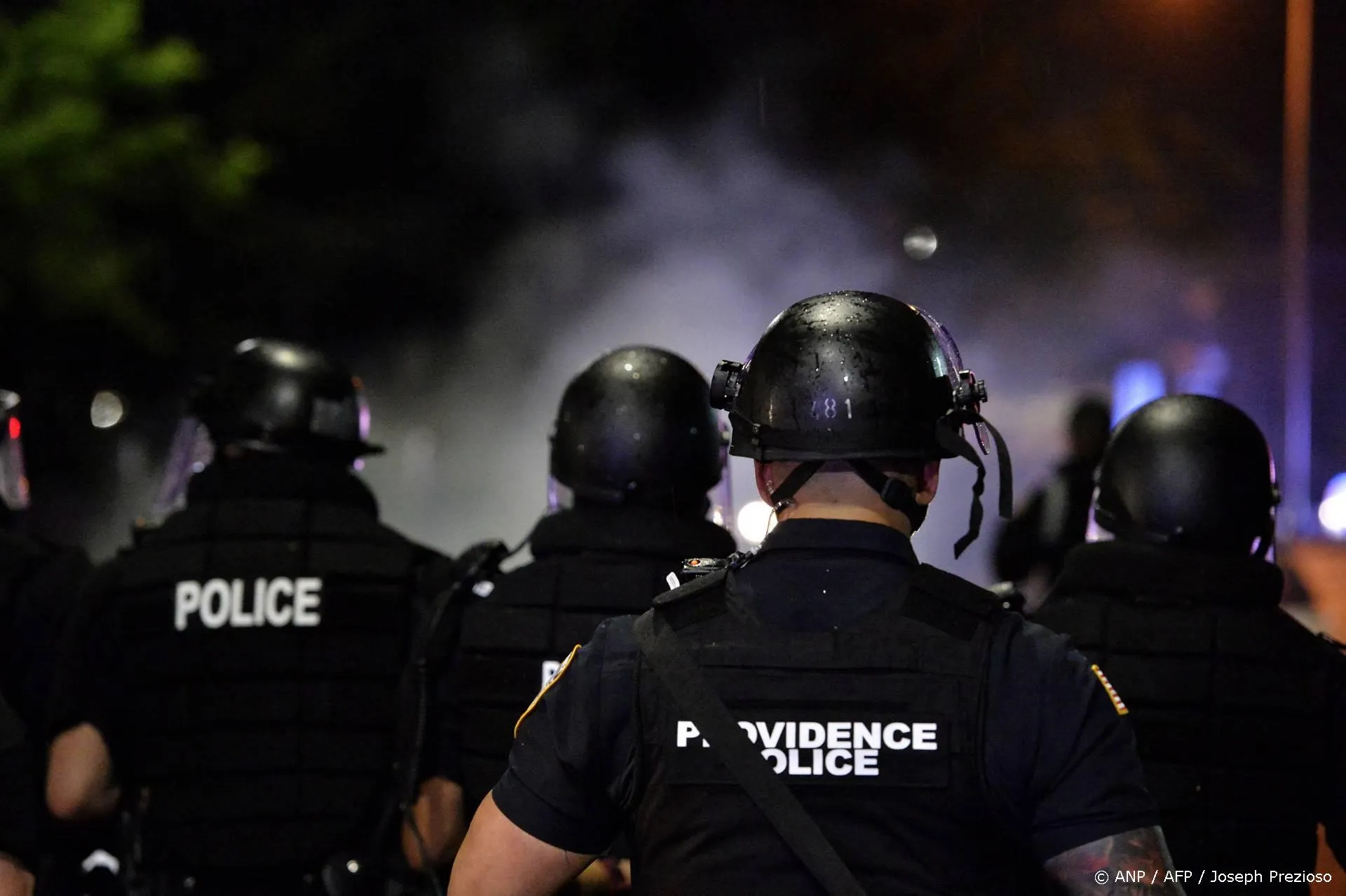Wat gaat de EU doen als Kyoto afloopt in 2012?

Hedegaard passionately warned her colleagues that it was easier to see the weaknesses of the Kyoto Protocol than the contours of any replacement deal.
"One should not think that if we just got rid of [Kyoto], we could easily build something new," she said. "It took ten years to build all the details in the international set up that we have now."
"That's why we say: 'Take care! Yes, it's very difficult to get an international legally binding deal. Yes, there are many charges to the Kyoto Protocol, but take care not to throw out what we have got already, unless you are sure that you can get something to replace it'."
Jos Delbeke, director-general of the European Commission's climate department, gave a flavour of the debate now taking place behind closed doors when he said the EU needed a "reflection period" before deciding whether to back Kyoto in the future.
Answering a question from EurActiv, he clarified that the EU still fully supported the Kyoto agreement but noted that other countries had strongly opposed it at the Cancún summit last December.
"We have to digest this," he told a Worldwatch Institute debate.
"What is the added value of the EU finding itself alone in a second commitment period of the Kyoto Protocol when we know that Japan, China, the US and Russia are not going to join and it's only for developed countries?," Delbeke said.
Lees ook
Loading


